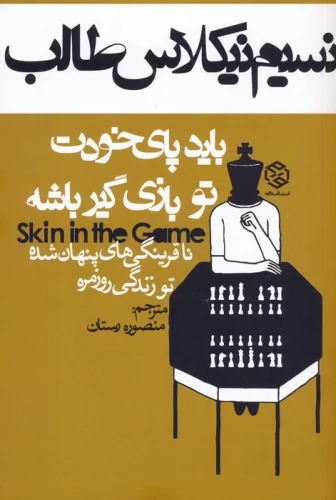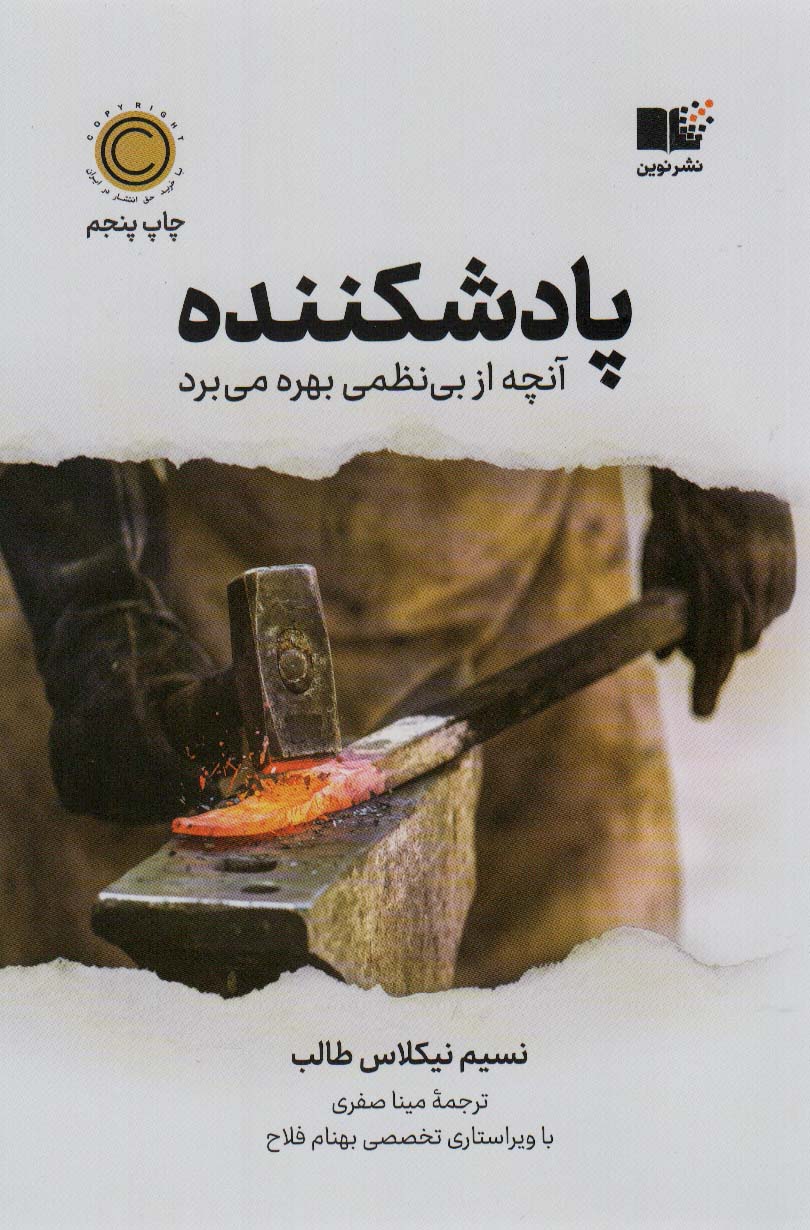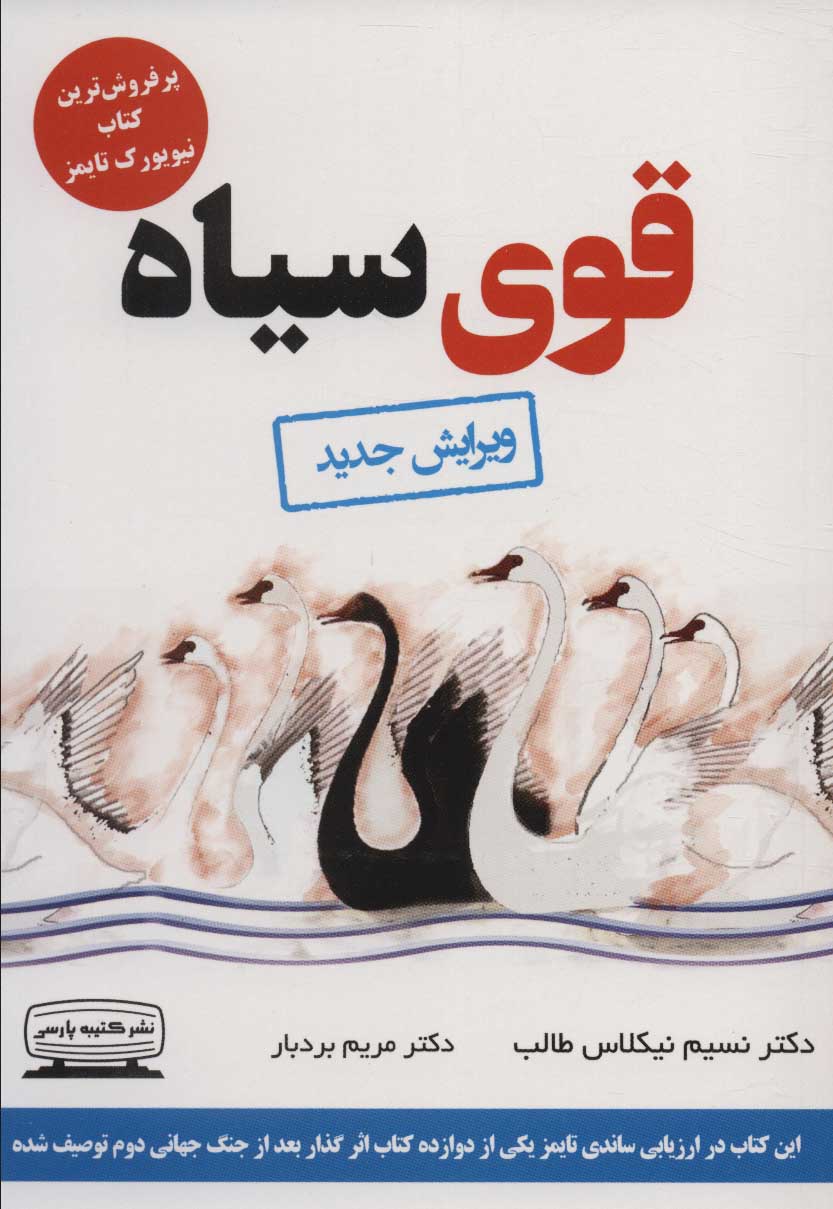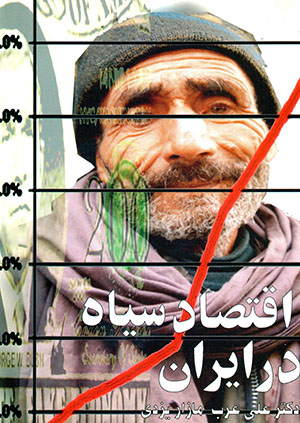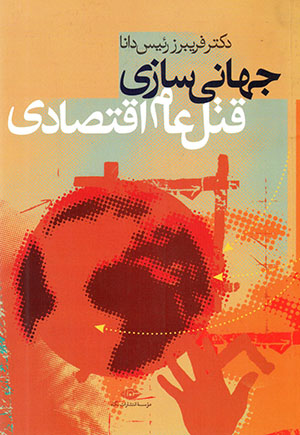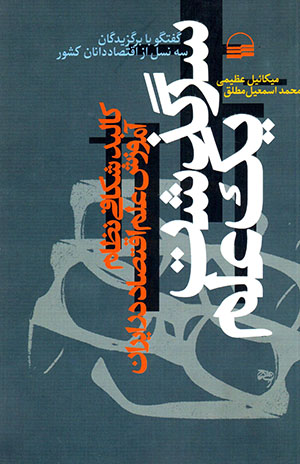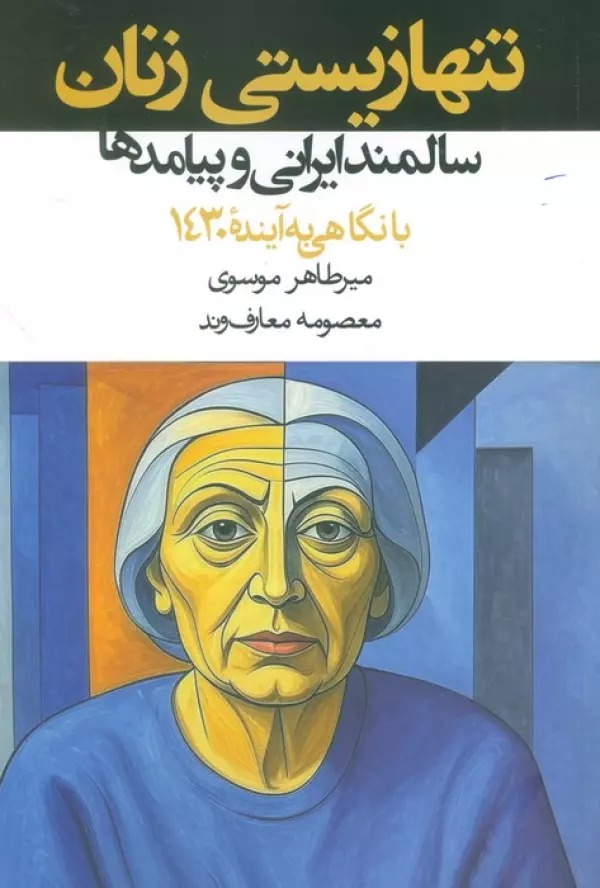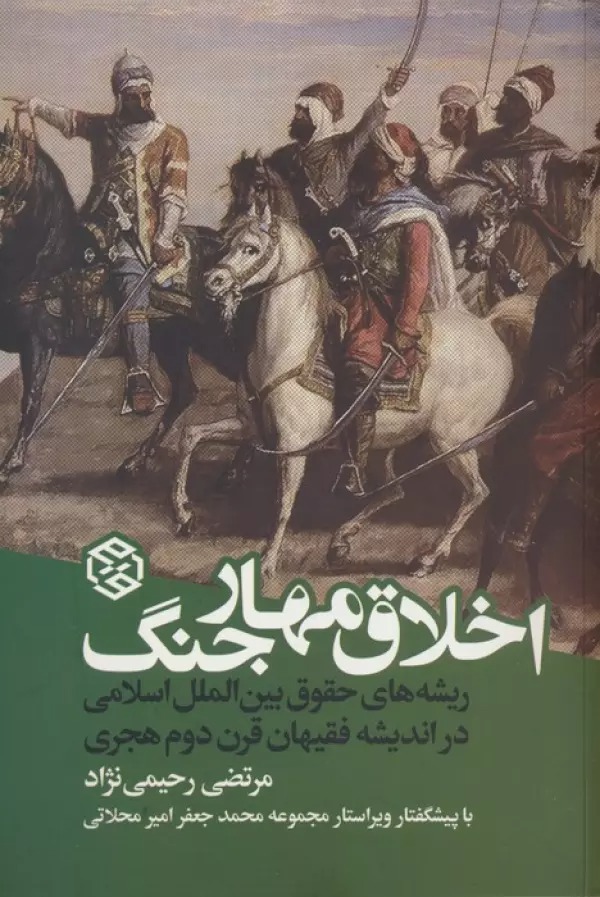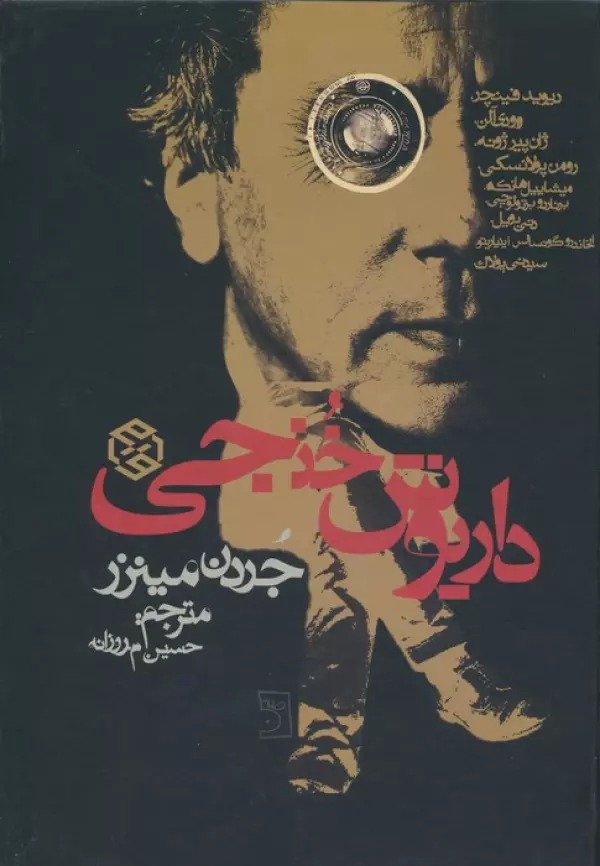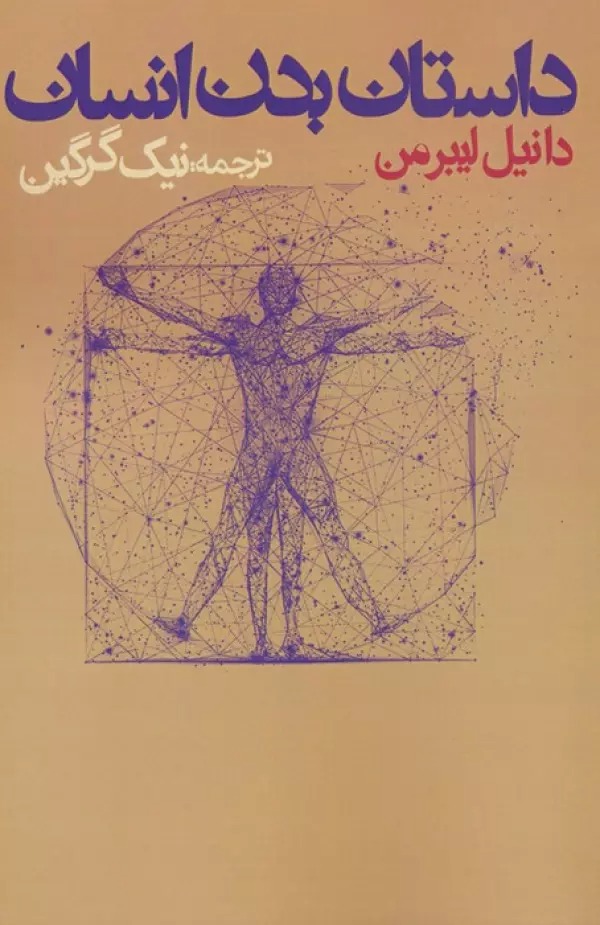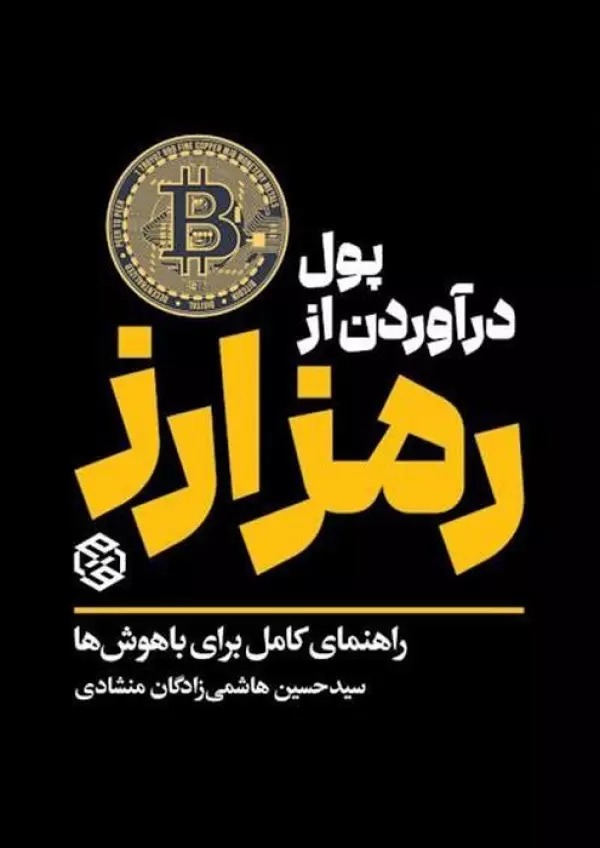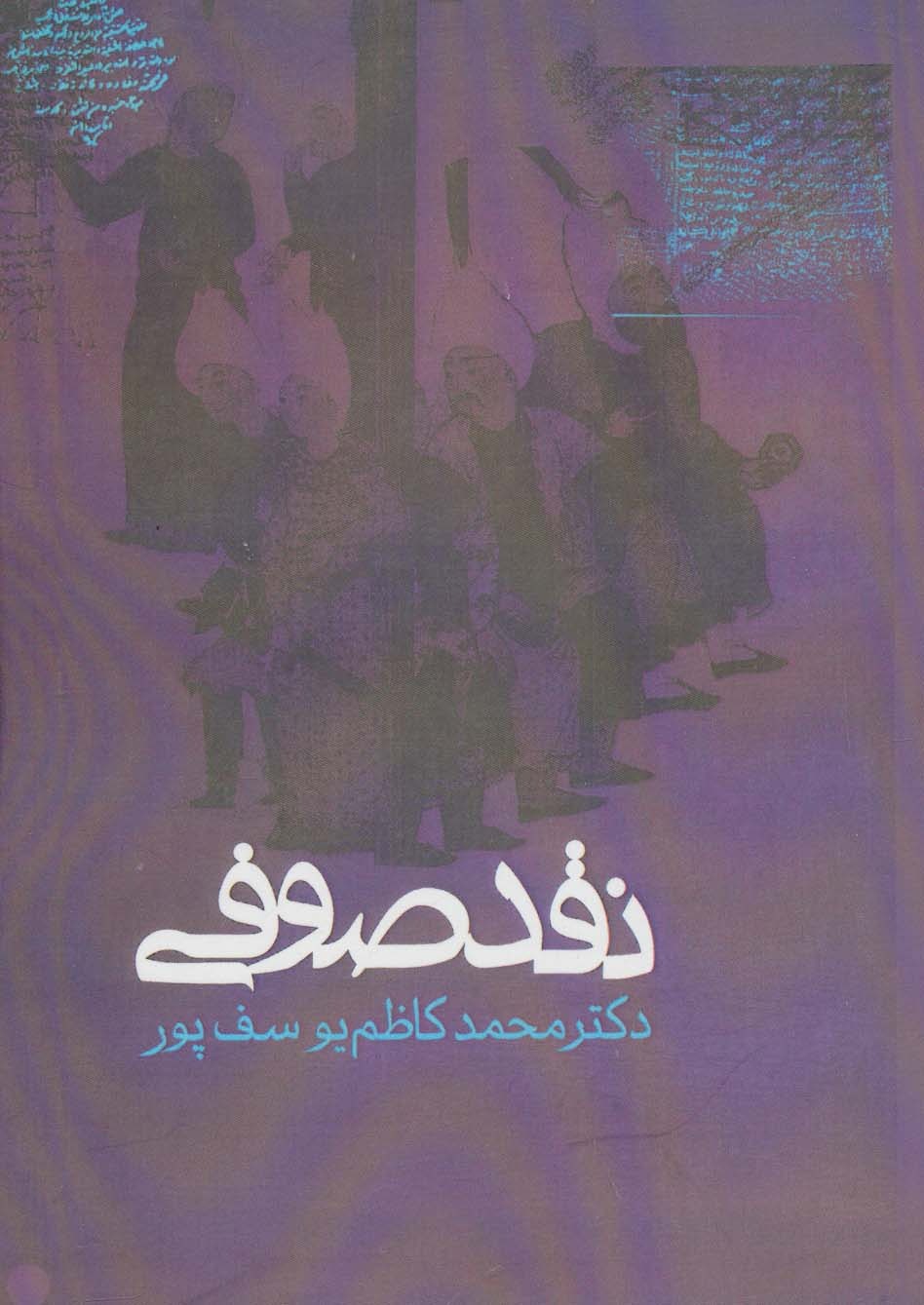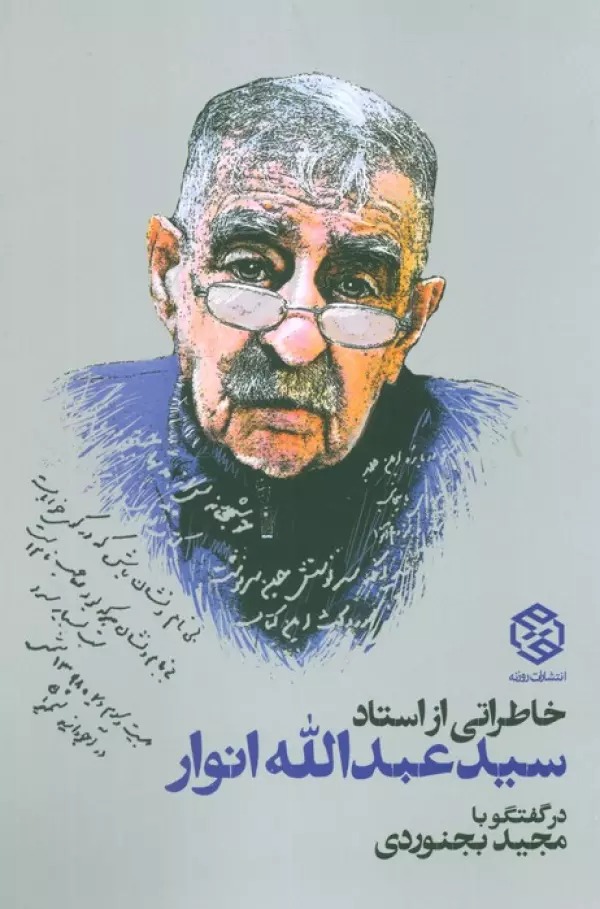Bāyad Pā-yi Kudit Tū Bāzī Gīr Bāshah: Persian 1403
باید پای خودت تو بازی گیر باشه
12.60 £
Share
Wishlist
Original Title:
Skin in the Game: The Hidden Asymmetries in Daily Life
ISBN:
9786222345723
Translator:
Manṣūrah Rastān
Publisher:
Rawzanih
Age Group:
Adult
Pages:
346
Weight:
307 g
Dimensions:
14 x 21 x 3.2 cm
Book Cover:
Paperback
From the New York Times bestselling author of The Black Swan, a bold new work that challenges many of our long-held beliefs about risk and reward, politics and religion, finance, and personal responsibility
In his most provocative and practical book, one of our time's foremost thinkers redefines what it means to understand the world, succeed in a profession, contribute to a fair and just society, detect nonsense, and influence others. Citing examples ranging from Hammurabi to Seneca, Antaeus the Giant to Donald Trump, Nassim Nicholas Taleb shows how the willingness to accept one’s risks is an essential attribute of heroes, saints, and flourishing people in all walks of life.
As always both accessible and iconoclastic, Taleb challenges long-held beliefs about the values of those who spearhead military interventions, make financial investments, and propagate religious faiths. Among his insights:
• For social justice, focus on symmetry and risk sharing. You cannot make profits and transfer the risks to others, as bankers and large corporations do. You cannot get rich without owning your own risk and paying for your losses. Forcing skin in the game corrects this asymmetry better than thousands of laws and regulations.
• Ethical rules aren’t universal. You’re part of a group larger than you, but it’s still smaller than humanity in general.
• Minorities, not majorities, run the world. The world is not run by consensus but by stubborn minorities imposing their tastes and ethics on others.
• You can be an intellectual yet still be an idiot. “Educated philistines” have been wrong on everything from Stalinism to Iraq to low-carb diets.
• Beware of complicated solutions (that someone was paid to find). A simple barbell can build muscle better than expensive new machines.
• True religion is commitment, not just faith. How much you believe in something is manifested only by what you’re willing to risk.
We have often heard the phrase “skin in the game” but rarely stopped to truly dissect it. It is the backbone of risk management, but it’s also an astonishingly rich worldview that, as Taleb shows in this book, applies to all aspects of our lives. As Taleb says, “The symmetry of skin in the game is a simple rule that’s necessary for fairness and justice, and the ultimate BS-buster,” and “Never trust anyone who doesn’t have skin in the game. Without it, fools and crooks will benefit, and their mistakes will never come back to haunt them.”
more
کتاب پیش رو همزمان چهار موضوع را بررسی میکند:
الف) ابهام و اعتبار دانش (هم عملی و هم علمی، با این فرض که این دو متفاوتند)، یا بهشکلی بیادبانه کشف و ردیابی چرندیات.
ب) تقارن در امورانسانی یعنی انصاف، عدالت، مسئولیت و دوطرفهبودن.
ج)مبادلهی اطلاعات در معاملات
د) عقلانیت در سیستمهای پیچیده و در دنیای واقعی.
اگر پای کسی گیر باشد برایش واضح است که این چهار مقوله جداییناپذیرند.
گیربودن پای خودت در بازی فقط برای انصاف، بازدهی تجاری و مدیریت ریسک لازم نیست بلکه برای درک جهان ضروری است.
موضوع کتاب بر سر تقارن است، یعنی اگر کارها خوب پیش نرفت، در جریمهها و حتی در ضرر و زیان هم سهم داشته باشید. همین ایده، همهی مفاهیم کتاب را به هم مرتبط میکند. مفاهیمی مثل: انگیزه، خرید ماشین دست دوم، اخلاقیات، نظریهی قرارداد، آموزش (زندگی واقعی در مقابل محیط آکادمیک)، اصول کانتی، قدرت شهرداری، علم ریسک، ارتباط بین روشنفکرها و واقعیت، قابلاعتماد بودن بروکراتها، عدالت اجتماعی احتمالی، نظریهی اختیار، رفتار درست، چرندیات فروشها، الهیات و...
more

